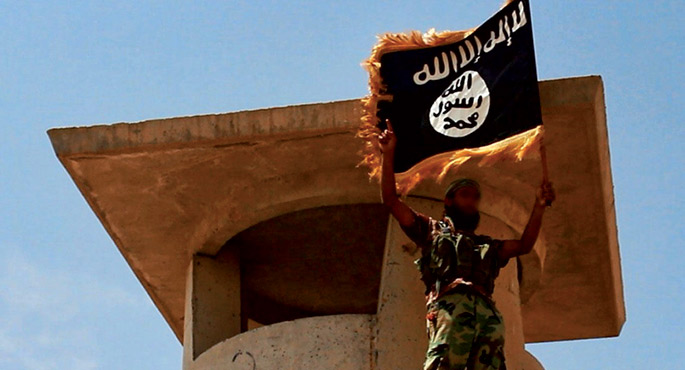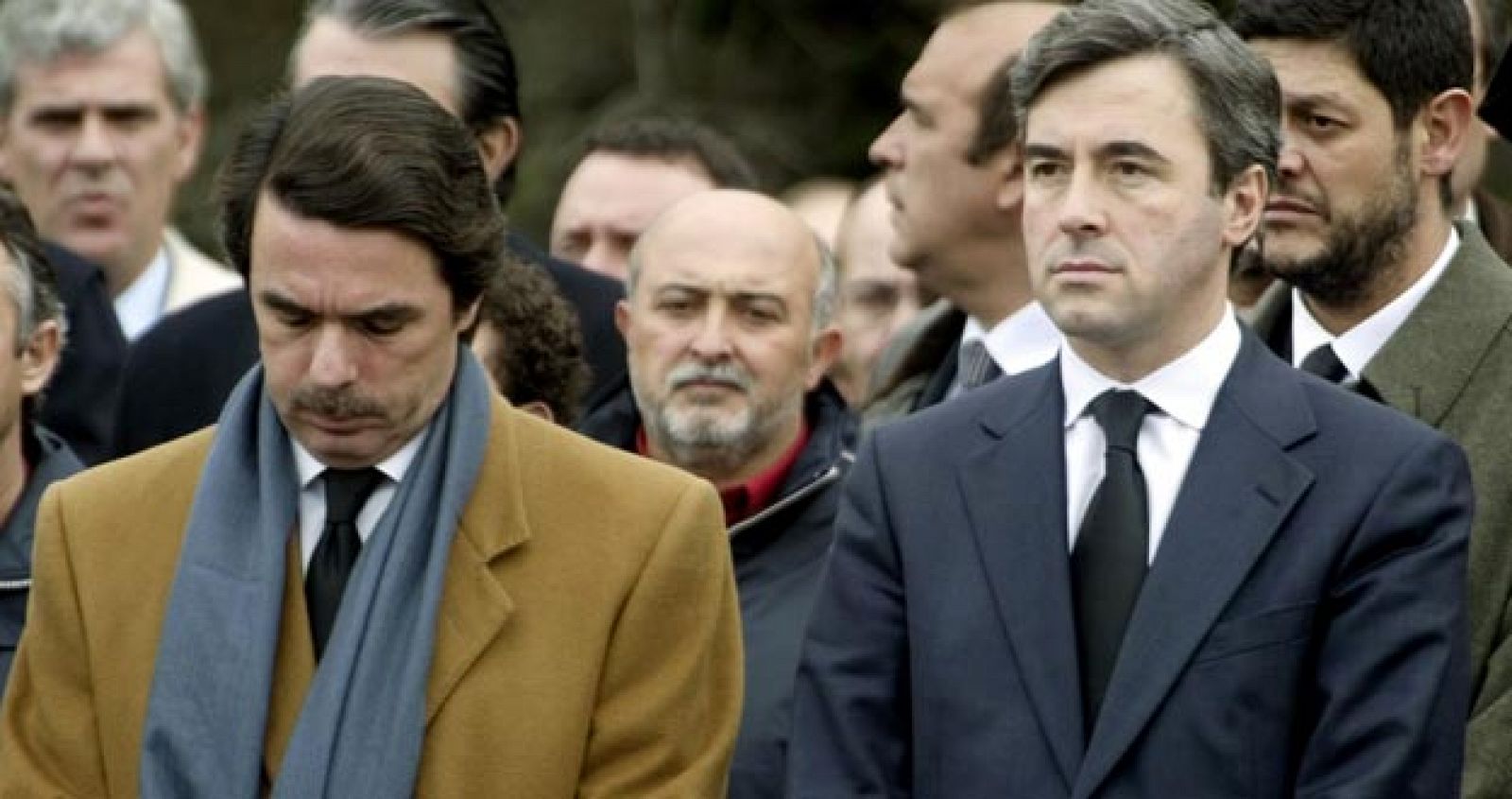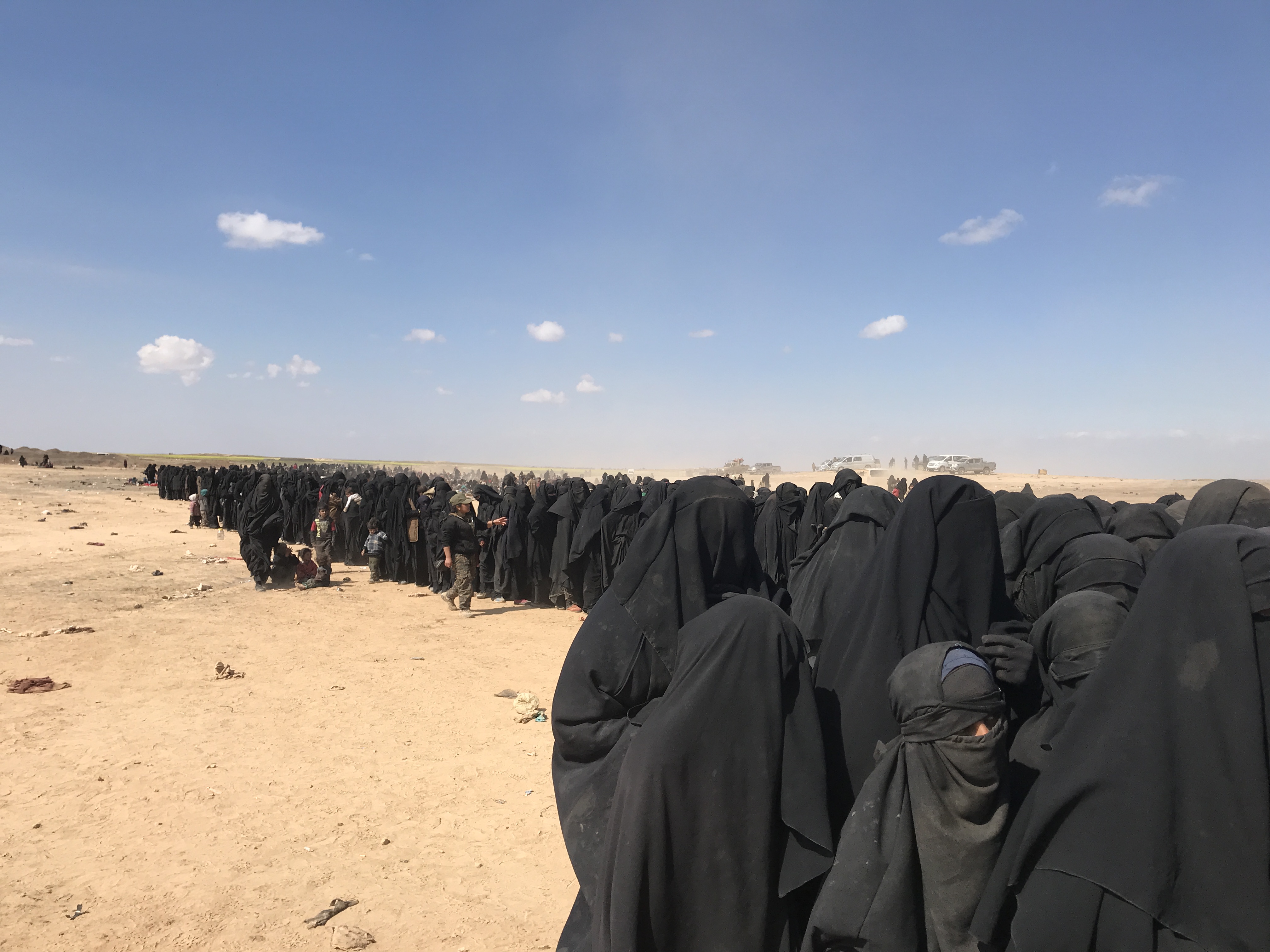What has brought the invasion of the United States

Iraq was invaded for the second time in 2003 by the United States with the help of other countries, especially the United Kingdom, but without the support of the UN. That is to say, turning a deaf ear to the fullest expression of international law. In other words, contrary to international law, as so many times. Following the 2011 Twin Towers attack, the United States, led by Lehendakari George Bush, began the peak of the crusade against Islamic jihadism in the world. Main excuse: The Saddam Hussein regime has chemical weapons of mass destruction and support for Islamic terrorism.
In 2008, at the end of the Bush mandate, the opinion of its citizens placed it among the worst lehendakari in the United States. They were the beginning of the economic crisis and the consequences of the entry of the United States into the turbulent war in Iraq. Five years after the war, in December 2008, in an interview with ABC News, Bush admitted that Saddam Hussein had no weapons of mass destruction and that he believed the reports of the US information services were inaccurate and that it had been a mistake. Responsible for thousands of deaths, yes, but without consequences for him. Advantages of being the owner of the world.
The Iraq War continued and the next President, Barak Obama, was the one who withdrew U.S. military forces from Iraq at the end of 2013. After a decade of war, the most serious consequences at first glance are: It is unclear how many deaths the war has caused, but there may be hundreds of thousands (of them nearly 5,000 US soldiers) and Iraq has been completely destroyed. Data on spending in the United States are also disparate, but could be around EUR 2 trillion (EUR 2 million). The currency of spending has two sides: destruction for Iraqis, happiness for the US military industry and the companies that control it.
It has now been decided to bring Iraq back to the front line of the international agenda. The powerful Sunni Islamist guerrilla of the extreme ISIS (Islamic State of Iraq and Levant) is heading to Baghdad after having taken several major cities and regions, including Mosul, the second Iraqi city. In response, the Shia Prime Minister, Nuri Al Maliki, has called the citizens to the holy war and, therefore, once again, is the intensification of civil war between Sunni and Shia. At the end of the day, it seems that Iraq can be divided into three parts: the northern part of the Kurds, the Sunnis to the west and the Shiites to the east.
With regard to the international order, the main question is: What served the invasion of Iraq in the United States? And the answer is clear from any angle: not at all. However, the United States has taken a great deal of advantage of the situation. On the one hand, oil control. Most farms are controlled by the Iraqi Government, but Western oil companies are essential to make them viable. In addition, the control of production is in the hands of a government of its command, which, in addition to peace of mind, opens up many business opportunities. American companies and multinationals are also key to the reconstruction of Iraq. And the military lobby managed to double the US military budget from 2003 to 2001. Its ideological consequences have also been important for American society, on the pretext of reducing public spending, as U.S. economic policies.
The situation of the Iraqi population has been very serious since the First Gulf War in 1990, and the future may be tempered only by its disappearance and the creation of three new states, but that could also be an excessive advance at present. What is clear is that the military involvement of the United States and the Western forces only makes the situation worse rather than reversing it. That is to say little, but it begins with any sort of solution, the total withdrawal of the United States and the real involvement of the UN in the area of peace.
The reader knows that I am following closely the issue of the terrible attacks of 2015 in Paris, thanks to the media that I have at my disposal. Salah Abdeslam was the only survivor of the commands that led to the death of 130 citizens and his main burden of doing justice. He... [+]
Urtarrilaren 20an Siriako Ipar eta Ekialdeko Autoadministrazioaren menpe dagoen Hasake hiriko espetxeari eraso diote auto suizidekin, milaka islamista askatzeko. YPGk kontrola berreskuratu arren, tiroketek jarraitzen dute, Daex-eko zenbait kide ezkutatu baita.
Jose Manuel Villarejo espainiar polizia ohiak adierazi ostean Espainiako inteligentzia zerbitzuek 2017ko atentatuak gerta zitezen utzi zutela, Kataluniako Gobernuak zer gertatu zen ikertzeko exijituko dio Espainiako Gobernuari. Halakorik egin ezean, auzia nazioarteko... [+]

























